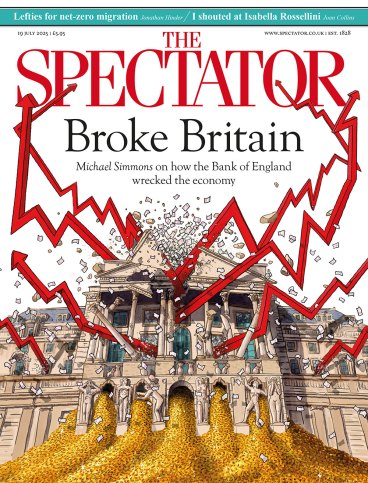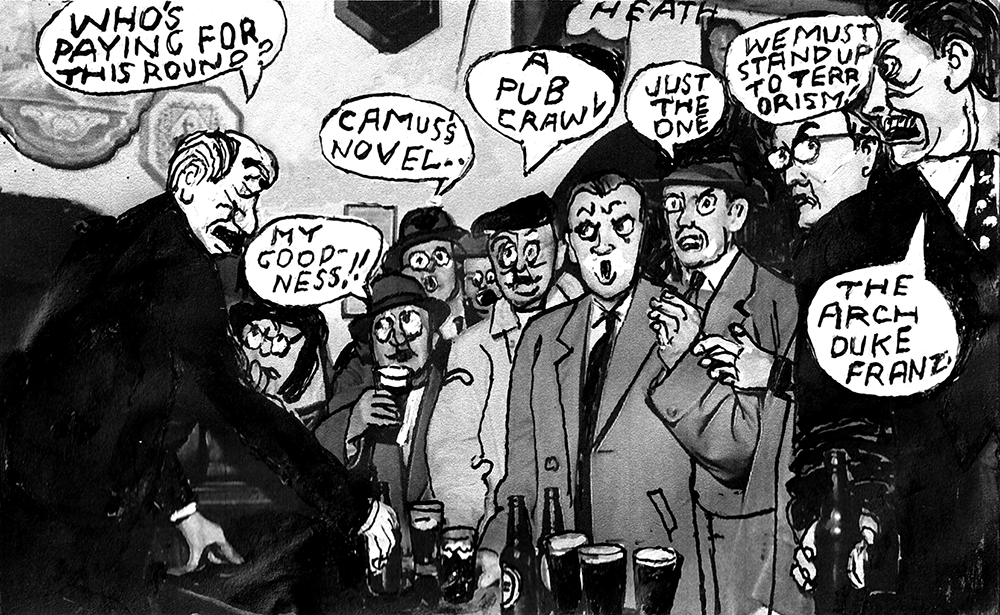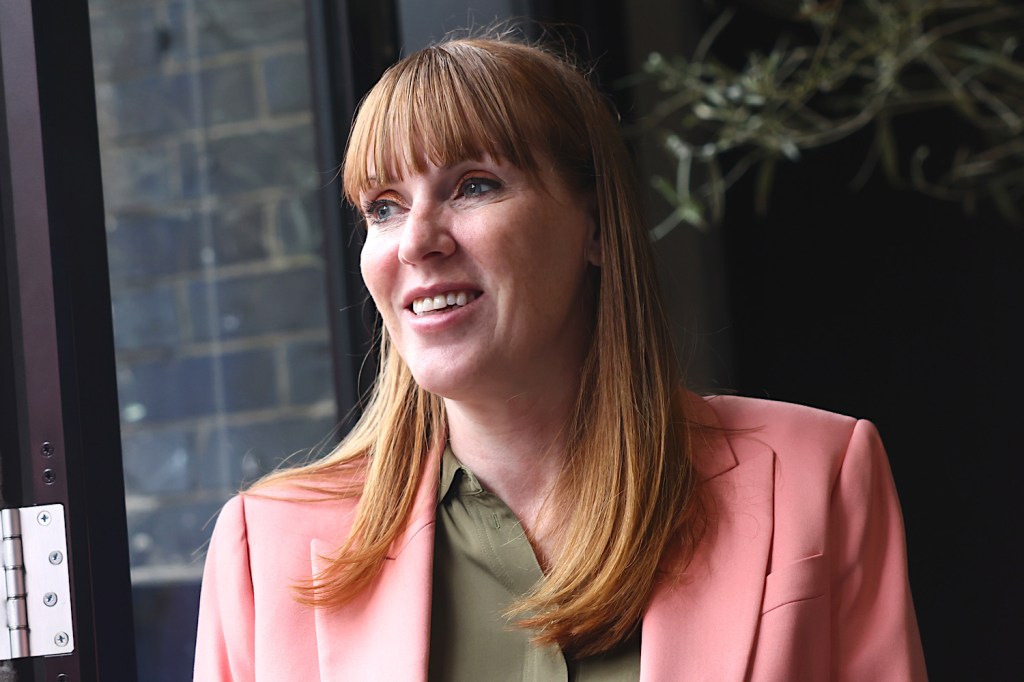
It’s more than two months since I returned from Dublin, and at last the hangover is beginning to fade. I flew out with our team at The Rest is History to record a series about the Irish War of Independence and Civil War. Our guests were Paul Rouse, a professor at University College Dublin and former manager of Offaly’s Gaelic football team, and Ronan McGreevy, an Irish Times journalist and author of a terrific book about the murder of Sir Henry Wilson. On the first night Ronan took us for an excellent curry; on the second, Paul organised a pub crawl. Well, I say a crawl, but in truth we barely got beyond the first pub, the Gravediggers, which is just a few hundred yards from the graves of Michael Collins and Eamon de Valera. I’m pleased to report that we more than held our own, and there are some excellent pictures of our producers, Theo and Tabby, after sinking a few dozen pints. But one member of the team was missing, having flown home immediately after the recording because he didn’t ‘really have the stamina for a pub crawl’. Listeners to the show can probably guess who that was.
Some readers may be wondering if there is anything going on in my life apart from the podcast. The answer, by and large, is no. Indeed, as if I wasn’t already spending enough time behind a microphone, I’ve recently been working on a new project: a books podcast with our producer Tabby. This week we’re recording an episode about Albert Camus’s novel L’Étranger, a book I adored as a student. Preparing to re-read it for the first time in 20 years, I actually felt a little nervous. Would it prove as intense and profound as I remembered, or is it really just a book for miserable teenagers? One thing I found unexpectedly fascinating was the problem of translation. In the United States the book is known as The Stranger, but in Britain it’s The Outsider. But neither quite captures the ambiguity of the French étranger. And then there’s that famous first sentence: ‘Aujourd’hui, maman est morte.’ How do you translate that crucial word maman? ‘Mother’ is surely far too formal, but ‘mummy’ doesn’t sound right at all. The recent Penguin translation by Sandra Smith – which is excellent, by the way – opts for ‘my mother’, but I think that’s quite a departure from Camus’s original. ‘Mama’, perhaps? But who uses ‘mama’ these days? Suggestions on a postcard, please.
Although my life sometimes feels like one recording after another, as if I’m podcasting’s answer to Camus’s Sisyphus, there has been a dramatic new development. We moved house a few weeks ago and have been forced to confront some harsh home truths. First, the number of boxes of unread books is a disgrace by any standards. Second, if my career as a historian doesn’t work out, I could make a small fortune selling chargers for bits of electronic equipment that were last used when people cared about the millennium bug. And most importantly, the mystery of what happened to our money has at last been solved, since it’s now clear that my wife spent it on glass jars. A dozen jars might seem reasonable, 20 a little excessive, 30 rather over the top. But 70? How many different kinds of rice can there be? And how could she genuinely believe that we’ll find the time to decant each packet into its own jar, instead of piling them up to gather dust at the back of the cupboard, like normal people?
In some parallel universe a version of me is unpacking vast quantities of books. But I’ve been distracted by something much more exciting – the Herculean task of getting ready for our summer holiday. In many ways I enjoy this even more than the expedition itself. Each element of the build-up has become a time-honoured ritual, as on Cup Final morning in the mid-1980s. Every year I look forward to the purchase of a new shirt, almost identical to one I already own; the desperate hunt for last summer’s sunglasses, bought at great expense but destined never to be seen again; and above all, the final touches to my spreadsheet, to eradicate any last trace of spontaneity or joy.
Fortunately, this particular holiday should be entirely joy-free, since we are recreating the last journey of Archduke Franz Ferdinand from Vienna down the Adriatic coast to Sarajevo in 1914. The whole enterprise will be haunted by regret, since the Archduke’s murder meant he was never able to implement his dream of a federal United States of Greater Austria, stretching from Trento and Trieste to Lviv and Brasov. When I think what a tremendous country that would have been, I feel even more ashamed that we fought on the wrong side after his death. The chance to stand up to terrorism and finish off the French for good, and we blew it! Madness.







Comments